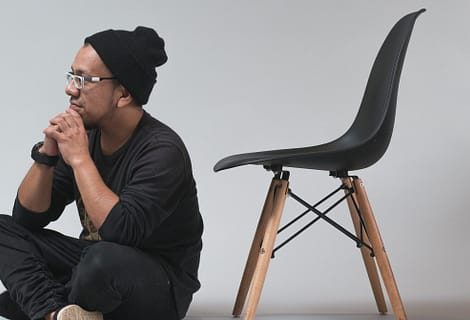Good counsellors walk with you—they don’t carry you!
I often get asked about the difference between counsellors, psychotherapists, and psychologists. At the risk of raising the ire of each group, I would suggest that when each is highly qualified, grounded in research, and experienced, the answer is not a lot; each offers a different perspective on how to help people live mentally healthy lives.
As ever, the devil is in the detail, as they say. I can’t speak for others, but I can outline what a counsellor should be – in my view. Any counsellor that is your friend – is not a counsellor you want to work with. A good counsellor is someone who walks with you in your world and whose focus is your story. Your story(ies) is data, only data.
I hear the pain; I feel the sorrow; I see the anguish. But they are yours. If I take onboard your feelings, I am no longer walking with you; I am rescuing you. Even more dangerous, I may be becoming you. I am not a family member you can offload to, who promises to make everything better, who will take the problem away: until it surfaces next time.
Looking for patterns
Plenty of counsellors will share your pain and sorrow, listen to the complaints and gossip about family members and neighbours, and nobly share your pain. But that is not authentic counselling; the real counsellor is the person who has the capacity, and yes, the courage, to help you look at what is really going on behind the pain and the sorrow, not simply to offer tea and sympathy. Merely talking about a concern does not lead to understanding.
Grounded counsellors, working with a grounded therapy approach, listen to your story not for the pieces of data that are communicated but to search for patterns in the data that reveal what is really going on. Have you ever looked at a cartoon in a newspaper and wondered what it means? Why is it intended to be funny? The more you look at it, the more frustrated you become, until suddenly, we get it: we stop looking at the data, and we see the pattern.
To see the pattern, we must be able to let go of the data. Most of us are so intent on looking at the data, feeling our pain, and experiencing our anger, that we cannot see the patterns – we cannot see the wood for the trees, as the saying goes. Our friends see us hurting; they see the data and want to treat the data.
The good counsellor sees, acknowledges, and even experiences the data. Any counsellor will accompany you, listen in a non-judgmental way, offer empathy, and do all those ‘counsellory’ things. But to genuinely walk beside you means to help you understand, to open your eyes to the reality of what is happening around you: to help you understand.
Decisive moments
The moment we open our eyes is the decisive moment. It is the moment we begin to understand, and when we comprehend, we can start to make choices that fit and work for us. For me, as a counsellor, that moment when a client begins to see the patterns, experience understanding, and find meaning, is marvellous.
As the client begins to see the patterns in their life, they have a choice: they can walk along the same path or change direction. That is not to say the new approach will be comfortable; it probably won’t be – but maybe it will be the right path for them.
As the client begins to walk along their new path, they can return to their friends and family: the counsellor should disappear!





